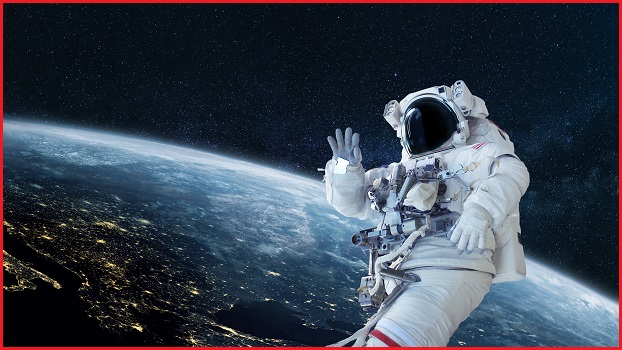Australian astronauts could soon be headed for space as the Australian Space Agency (ASA) signals human space flight is a “key priority” of its ongoing strategic planning.
Speaking at a panel during Australian Strategic Policy Institute’s (ASPI) 2021 Sydney Dialogue, ASA Head Enrico Palermo said he envisages a time when “we’ll all have a shot to fly to space”.
“I think there is tremendous potential for us to contribute to the community of human spaceflight,” Palermo said.
“For example, we are supporting ISRO’s [the Indian Space Research Organisation] Gaganyaan human spaceflight mission and we’re going to learn a lot from our support of that mission.”
Australia will be supporting that mission, which will see India send a small crew into orbit no earlier than 2023, by tracking it through a ground station on the Cocos (Keeling) Islands.
Palermo also highlighted local involvement in NASA’s Artemis Program which will see the US return astronauts to the Moon with a view of establishing a permanent base of operation.
In October, the government announced that an Australian-made semi-autonomous rover will land on the Moon as part of Artemis – but not until after the NASA astronauts have arrived.
These collaborative support roles, in Palermo’s view, will create opportunities to expand Australia’s currently small space capabilities.
“We will continue to support missions through our deep space network communications and I think as we contribute more and more I’m certainly hopeful we will end up with an Australian national program.”
Palermo was previously the COO at Virgin Galactic before he returned to Australia to head up the ASA.
Having been on the inside of the company’s development of a commercial space tourism operation, he is reservedly positive that the Australian Space Agency is heading in the right direction toward crewed space missions, even if he was far from committing to a timeline.
“We’re thinking about this actively at the agency,” he said.
“The regulatory framework for human spaceflight in Australia is under consideration and we think there’s a huge opportunity for human space launch from our nation.
“We have amazing open ranges, amazing locations with amazing views.”
As far as the know-how needed to maintain a crewed mission into orbit, Palermo said he was pleased to discover how advanced our local knowledge is in specific space-related sectors.
“The depth of expertise we have in space medicine and life sciences was delightfully surprising to me when I came into this role,” he said.
“And that stems from our support of the participants in the Australian Antarctic division as well as support of remote communities.”










